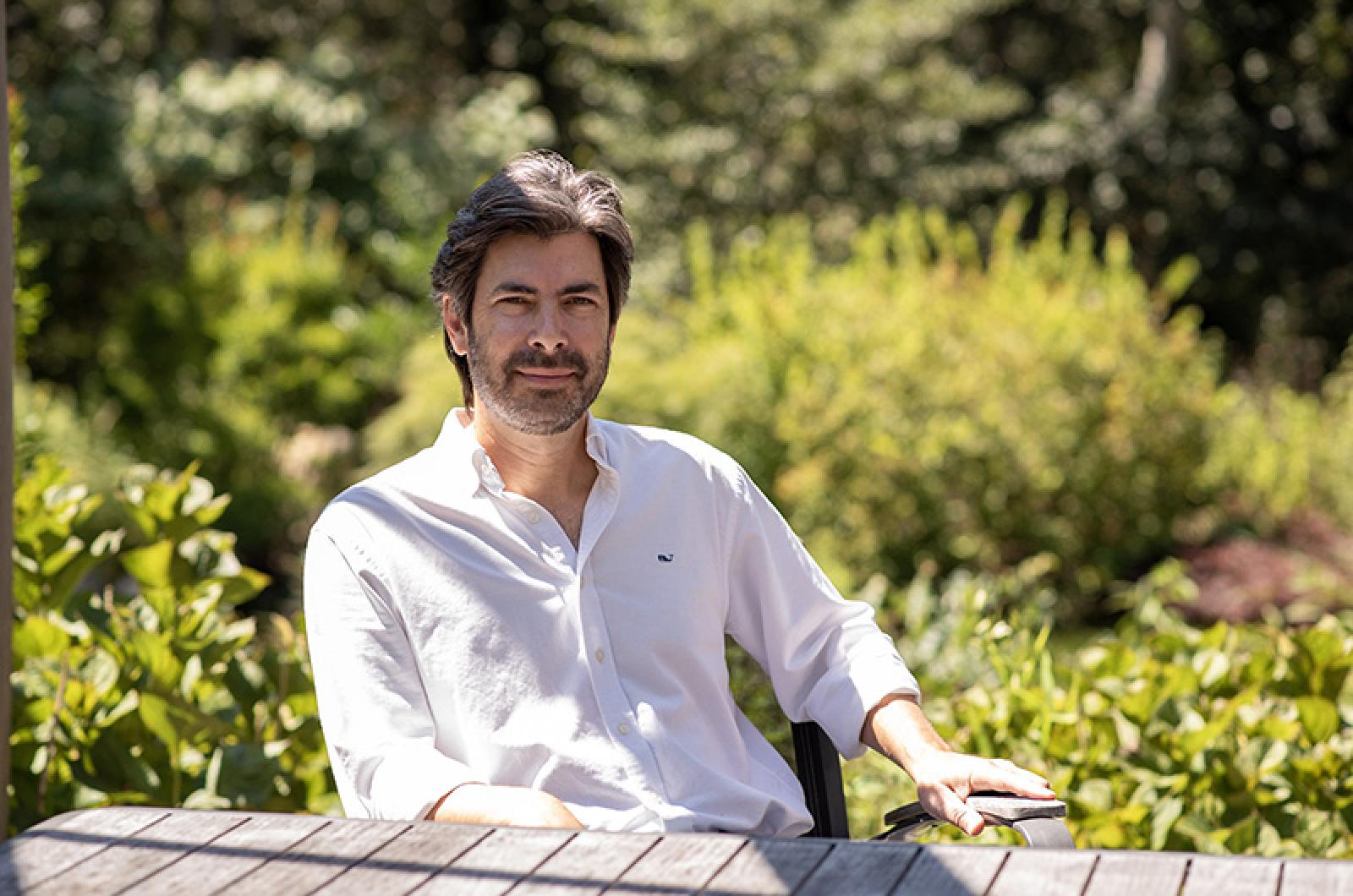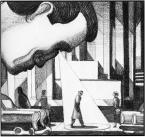In his first job out of law school, former Florida attorney and Chilmark resident Michael McAuliffe was sent to Shreveport, La. to investigate the Ku Klux Klan. The experience was challenging, he said, but it left him with something precious and unexpected—the seed of a story that, years later, would blossom into his first novel, No Truth Left to Tell.
In an interview with the Gazette this week, Mr. McAuliffe recalled the experiences that led him to pick up the pen.
“I had some sense that the work of the criminal section of the Civil Rights Division was special, and that it really did speak to our nation’s weaknesses,” said Mr. McAuliffe of his time in Louisiana. “I knew that not enough people appreciated that work.”
Loosely based on his experience as a civil rights attorney, Mr. McAuliffe’s book explores the happenings of the small town of Lynwood, La. in 1994. Set to the backdrop of the Klan’s latest hate crimes, the thriller winds its way through the story of the town, bringing to bear themes of racial violence and American hate as it goes.
But beyond memory and pain, the book’s real preoccupation is with the courtroom—where Mr. McAuliffe’s protagonist, Adrien Rush, investigates and adjudicates the Klan’s crimes in a complicated and uncertain legal case. Adrien, a young prosecutor not unlike Mr. McAuliffe, becomes a guiding force in the story, steering readers through some of the novel’s murkier ethical quandaries.
“The story tries to convey the difficulty of adhering to the rule of law when your gut instincts are telling you that may not be the right result,” said Mr. McAuliffe, speaking from 30 years of experience in the field. “I think that’s a perennial challenge, particularly of prosecutors, who wield so much power in the system.”
Mr. McAuliffe teaches law at Duke and William and Mary for part of the year and he plans to use the novel as a teaching tool this fall in his course about ethics and testing the rule of law.
“It’s very close to my heart, that people who exercise the power of a prosecutor do so thoughtfully and ethically and with great deliberation because the nature of what they do is almost always punitive,” he said.
The novel, published this March, is Mr. McAuliffe’s debut into the world of fiction. He cited influences like Harper Lee, Richard North Patterson and John Grisham as integral to his evolution from advocate to author. The Vineyard is also an influence. Mr. McAuliffe said he wrote much of the novel from his porch in Chilmark and he pays homage to the Vineyard in a chapter set on the Island.
Since the book’s release, Mr. McAuliffe has relished the opportunity afforded by recent BLM protests to discuss the novel’s themes of criminal justice and civil rights.
“I think it’s always a needed time to talk about these issues,” he said. “Race and power and injustice—that’s a volatile mix of issues, but it’s necessary that we keep talking. Then maybe we finally reach an inflection point of meaningful change and reform.”
Mr. McAuliffe said he has been impressed with the activism and advocacy he has seen on the Vineyard this summer.
“You can share a common history with non-Vineyarders in terms of our system of justice,” he said, noting ways that local activism overlaps with the larger national movement. “You may be removed but you’re not immune from the same influences of struggling, about hate, and about justice and about doing the right thing. I think that’s a universal.”
With one novel behind him, Mr. McAuliffe is already gearing up for another. His next book will find Adrien Rush back on the trail, in a new case about human trafficking, he said. But for the moment, he is most excited to share what he’s learned as a lawyer with a broad community of readers.
“As a new author, it’s all about creating connections between me and a reader,” he said. “It is a fascinating and thoroughly enjoyable experience that I have wanted to experience for many decades. Now that it’s here, I’m grateful for it.”







Comments (8)
Comments
Comment policy »